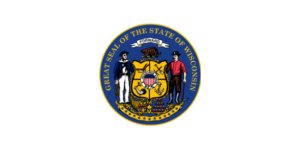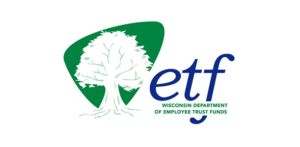

State of Wisconsin Dept of Employee Trust Funds
Overview
State of Wisconsin Department of Employee Trust Funds (ETF)
Requirement
In support of their Strategic Plan, ETF initiated an Enterprise Knowledge Management (KM) Project to implement and encourage adoption of common knowledge management practices across all of ETF. ETF awarded a competitive contract to Working KnowledgeCSP to design and develop a comprehensive KM Strategy and Implementation Roadmap with an option to support implementation.
Solution
The Knowledge Management consulting project includes four major deliverables: Assessment of ETF Knowledge Management Software, Tools and Methods; Taxonomy Analysis; Gap Analysis, and a Comprehensive KM Strategy and a Phased Implementation Plan. The awarded solution also includes KM Skills and Awareness Training for the ETF leadership and workforce. The consulting solution includes four phases:
- Site Visit, Planning, and Initial Understanding of the ETF Business and KM Environment
- Engagement and Data Gathering
- Analysis and Assessment of the Business and KM Environment
- Design and Development of the KM Strategy and Phased Implementation of the ETF KM Framework
Working KnowledgeCSP, through the KM Solution, will work to help ETF to create a corporate environment that fosters a desire for knowledge capture, retention, and reuse among the leadership and workforce that ensures its continual application, distribution, and creation. The goal is to link their people and their knowledge together with an effective KM framework and supporting KM technologies that will also facilitate the enabling behavior that sustains both its use and the return on the investment in its use.
In March 2016, ETF exercised the option for Working Knowledge CSP implementation of the ETF KM Strategy and KM Framework.
KM framework implementation is a multi-phase project. In Phase I of implementation, Working Knowledge CSP is delivering a business taxonomy and tagging structure with governance plan, taxonomy and tagging training, taxonomy migration to SharePoint, content migration plan, ongoing KM integration planning to include a communication strategy, and an analysis and assessment of ETF’s records management/data retention policies and procedures with recommendations to effectively link these policies and procedures to the KM Strategy and KM Framework implementation.

